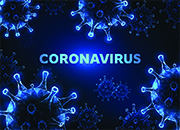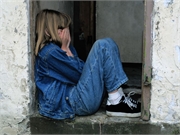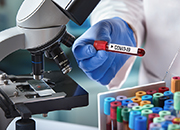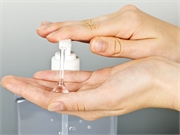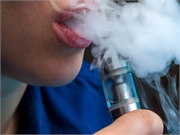
YouTube is awash in misleading videos touting the safety of tobacco and vaping, a new study finds. Researchers found that from 2013 to 2019, views of smoking-themed YouTube videos dramatically increased, particularly those with instructions on vaping. “The easy access of such material suggests that YouTube is a fertile environment for the promotion of tobacco… read on >











